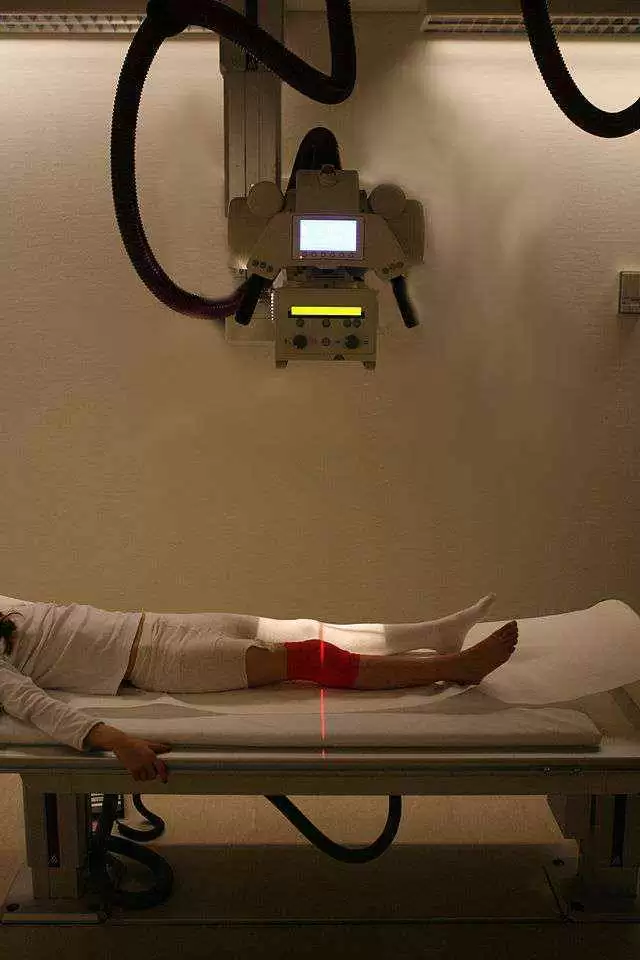Celiac.com 04/10/2007 - According to a recent Swedish research report, the adverse immune response to gluten may be tied to a specific set of dendrite cells in the small intestine. A team led by Dr. J.F. Ludvigsson of Orebro University Hospital set out to compare rates of bone fracture in patients with celiac disease versus those from normal individuals. The goal of the study was to assess the connection between celiac disease and fractures.
Celiac.com Sponsor (A12):
The study used Cox regression to examine over 13,000 patients with celiac disease, along with 65,000 people among the general population who were sex and age-matched. The Study tallied 1365 first hip fractures 4867 non-hip fractures.
The results showed celiac disease to be a contributing factor in fractures at a rate of 4 fractures per 100,000 people per year, compared to a rate of 2 fractures per 100,000 people per year for non-celiacs.
The study calculated the following hazard ratios for celiac-associated hip fracture:
- Adults: ¼ 2.1; 95% CI ¼ 1.8–2.4
- Children: ¼ 2.6; 95% CI ¼ 1.1–6.2
For celiac-associated non-hip fractures, the hazard ratios were:
- Adults: ¼ 1.4; 95% CI ¼ 1.3–1.5
- Children: ¼ 1.1; 95% CI ¼ 1.0–1.2
The study concludes that both adults and children with celiac disease run a significant risk of increased hip fractures and fractures of any type. These increased risks continue for at least 20 years following diagnosis. The study did not measure risk for undiagnosed celiacs, but common sense would indicate that the risks would be the same, or perhaps even greater. Clearly, more research is needed to determine the reasons for these increased fracture risks among celiac patients, and also to determine the associated risks for non-celiacs.
Aliment Pharmacol Ther 25, 273–285
health writer who lives in San Francisco and is a frequent author of articles for Celiac.com.





Recommended Comments